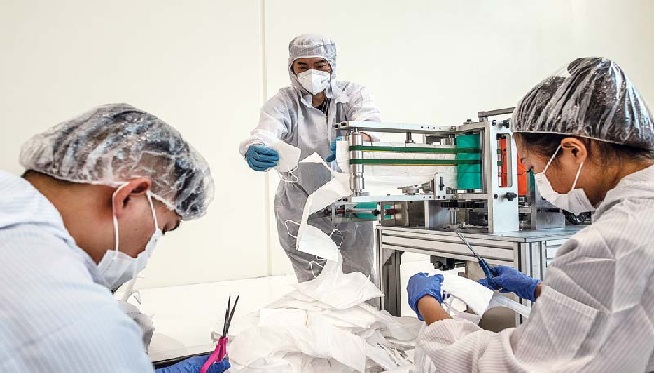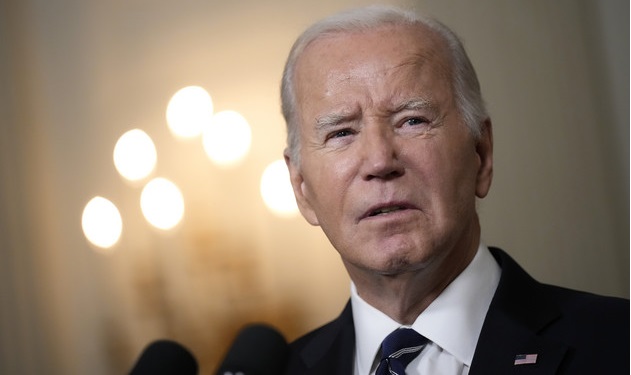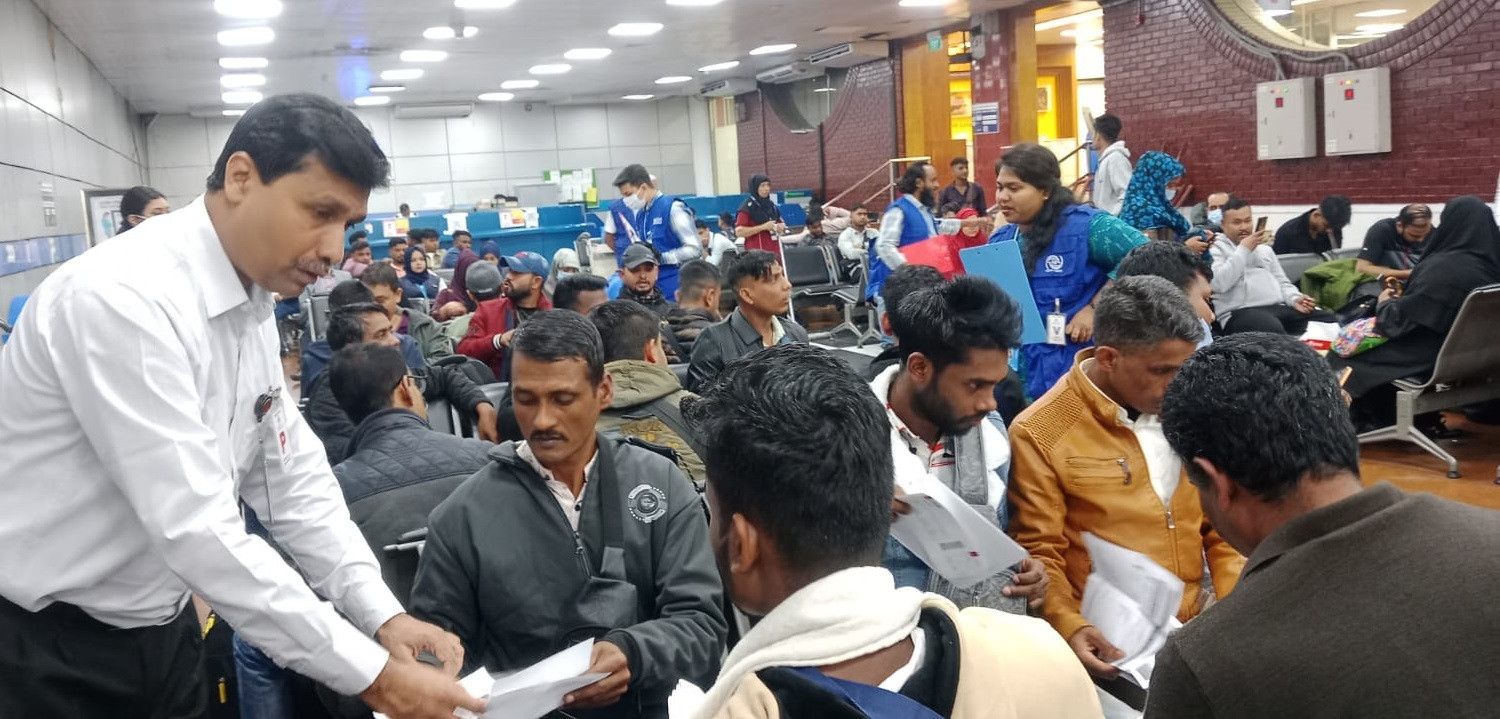Alarmed at China's strangle hold over supplies of masks, gowns, test kits and other front-line weapons for batting the coronavirus, countries around the world have set up their own factories to cope with this pandemic and outbreaks of the future.
When the outbreak subsides, those factories may struggle to survive. China has laid the groundwork to dominate the market for protective and medical supplies for years to come.
Factory owners get cheap land, courtesy of the Chinese government. Loans and subsidies are plentiful. Chinese hospitals are often told to buy locally, giving China's suppliers a vast and captive market.
Once vaccines emerge, demand will plummet. Factories will close. But Chinese companies are likely to have the lowest costs by far and be best positioned for the next global outbreak.
"The Chinese have been successful weaving global personal protection equipment dominance with supply-chain command and control," said Omar Allam, a former Canadian trade official trying to establish production of in-demand N95 medical respirators in his country.
China's grip on the market is a testament to its drive to dominate important cogs in the global industrial machine.
For years, China's leaders have worried that the country depended too much on foreign sources for things such as medical supplies, microchips and airliners. It has used subsidies, economic targets and other government inducements to emerge as a powerhouse in those important industries and others.
When Chinese leaders grew concerned about pollution and dependence on foreign oil, for example, they helped local makers of solar panels, wind turbines and high-speed rail equipment clobber the competition. They have taken similar steps to dominate industries of the future, like the next generation of wireless data transmission, known as 5G.
The state's heavy involvement in its economy has led to waste and graft that could slow China's growth. But the policies have often proved effective in building industries that can withstand losses and tough foreign competition. Medical supplies may be similar.
"There will be massive consolidation after the epidemic," said Howard Yu, a professor of management and innovation at the Institute for Management Development, a business school in Switzerland. "It will be exactly the same dynamics as in green energy, 5G and high-speed rail."
Beijing's coronavirus response has only added to that dominance. It increased mask production nearly 12-fold in February alone. It can now make 150 tons per day of the specialised fabric used for masks, said Bob McIlvaine, who runs a namesake research and consulting firm in Northfield, Illinois. That is five times what China could make before the outbreak, and 15 times the output of US companies even after they ramped up production this spring.
US companies have been reluctant to make big investments in fabric manufacturing because they worry that mask demand will be temporary. But Texas required Thursday that most residents wear masks in public places, part of a broader embrace of face masks in recent days. -The New York Times













